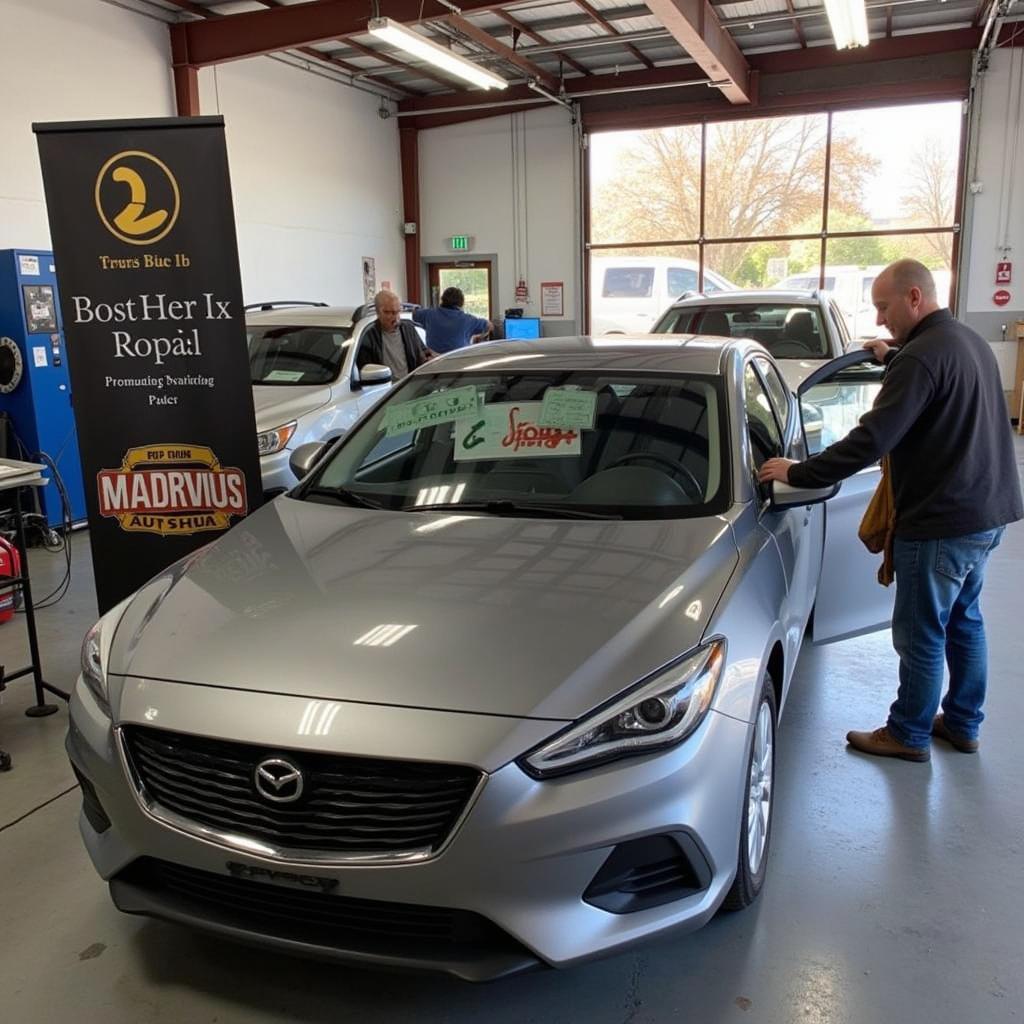Car won’t start in the cold? You’re not alone. Frigid temperatures can wreak havoc on your vehicle’s starting system. This article will delve into the common causes of car start problems in cold weather and provide practical solutions to get you back on the road. smart car water pump problems can sometimes be related to cold weather starting issues, so understanding the basics is crucial.
Why is My Car Hard to Start When Cold?
Cold weather affects several key components of your car’s starting system. Thickened oil, weakened battery performance, and potential fuel delivery issues are all common culprits. Let’s explore these in detail.
The Battery’s Cold War
A car battery’s cranking power decreases significantly in cold weather. This reduced power may not be enough to turn over the engine, especially if the battery is already weak or old.
-
Testing your battery: Use a multimeter to check the voltage. A fully charged battery should read around 12.6 volts.
-
Battery maintenance: Clean the battery terminals and ensure they are tightly connected. Consider replacing your battery every 3-5 years.
Oil’s Viscosity Villain
Cold temperatures cause engine oil to thicken, increasing the resistance the starter motor must overcome. This can strain the battery and prevent the engine from turning over.
-
Using the right oil: Consult your owner’s manual for the recommended oil viscosity for your vehicle and climate.
-
Oil changes: Regular oil changes ensure your engine is lubricated with fresh, clean oil, minimizing cold-start issues.
Fuel Delivery Freeze
In extremely cold conditions, fuel lines can freeze, preventing fuel from reaching the engine. This is more common with diesel engines, but can also affect gasoline vehicles.
-
Fuel additives: Using a fuel stabilizer or anti-gel additive can help prevent fuel line freezing.
-
Parking indoors: If possible, park your vehicle in a garage or covered area to protect it from extreme temperatures.
Troubleshooting Car Start Problems in Cold Weather
If you’re experiencing car start problems in cold weather, try these troubleshooting steps:
-
Turn off all accessories: Turn off the headlights, radio, and heater to maximize the available power for the starter.
-
Try jump-starting: If the battery is weak, jump-starting can provide the necessary boost to start the engine.
-
Check for fuel: Ensure there is sufficient fuel in the tank.
-
Listen for the starter: If you hear a clicking sound, it may indicate a dead battery or a faulty starter motor. used car problems within 30 days texas can include faulty starters, so be aware of this if you’ve recently purchased a used vehicle.
How Do I Prevent Cold Start Problems?
Prevention is key to avoiding cold start troubles. Regular maintenance and a few preventative measures can save you time and frustration.
-
Battery maintenance: Keep your battery terminals clean and check the voltage regularly. Consider a battery tender during prolonged periods of cold weather.
-
Proper oil viscosity: Use the correct oil viscosity recommended for your vehicle and climate.
-
Fuel additives: Use fuel stabilizers or anti-gel additives, especially for diesel engines.
Conclusion
Cold weather car start problems can be frustrating, but with proper maintenance and troubleshooting, you can overcome these challenges and keep your vehicle running smoothly all winter long. Remember to check your battery, use the correct oil, and consider fuel additives for optimal performance in cold temperatures. If the problem persists, contact us at AutoTipPro at +1 (641) 206-8880 or visit our office at 500 N St Mary’s St, San Antonio, TX 78205, United States. toyota camry hybrid car problems can also be impacted by cold, so don’t hesitate to reach out for expert advice. hyundai sonata car radio problems while seemingly unrelated, can draw power from a weakened battery making cold starts even harder. problems with using electric cars can be amplified by cold weather as well, impacting range and charging times. Don’t let the cold stop you.





Leave a Reply